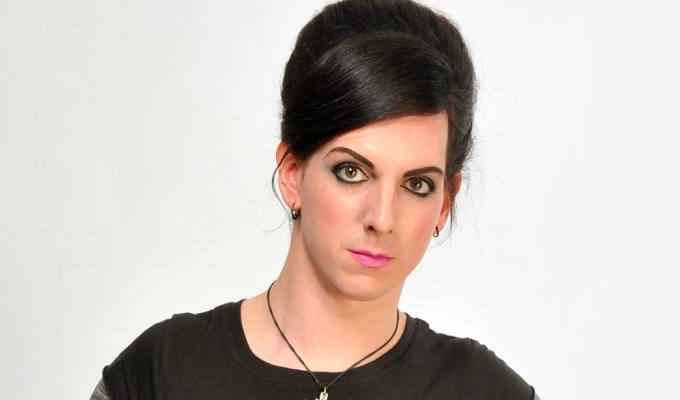The future of satire
Ed Barrett
Anorak.co.uk
There's a cynicism about politicians now, so sending up royalty and political leaders is 'safe'. The last time it wasn't so was in the early Sixties, at the time of That Was The Week That Was.
That's the last time people were genuinely shocked, even though the show was only gently guying the Establishment. Those taking part were Oxbridge types - part of the Establishment themselves. There was an element of the court jester about it all. They didn't have any radical agenda.
At the time, though, it was audacious. Such things were absolutely unheard-of. And when Labour won the election in 1964, That Was The Week That Was was credited with bringing down the Tories - a phrase that has haunted satire, even though it was an exaggeration. The show just crystalised the feeling of the times.
But it established a myth about modern British political satire, and set a benchmark for everything since. And so everything since has been seen as a relative failure because it just didn't have the same impact.
Nowadays, most politicians take the view that it is better to be talked about than not - a fact illustrated by the fact that many brought their own Spitting Image puppets recently.
Satirists now have the reputation of siding with the loser, of being snipers on the sidelines - but snipers who always miss the target. It has bred complacency, embodied by the backslapping self-congratulatory atmosphere of Have I Got News For You.
Most people under 40 would say that Chris Morris is our most effective satirist. He is the only person really capable of shocking people. He is not interested in politics, but can find real developments in society and attack them them mercilessly. Watching his shows is thrilling, but disturbing - so you feel he's hit on a truth.
Sean Hardie
Director, Spitting Image, Not The Nine O'Clock News
I think when you get to paedophilia, as Chris Morris did, you've hit the bottom of the barrel, because there's almost nothing left that you can shock anyone with. And shocking for the sake of it is pointless.
Satire is difficult because people don't give a damn about politics - all people care about now are things that inconvenience their lifestyle.
Most satire comes from the left, or the left-centre - from the liberal Establishment. And so much satire is to do with celebrity and personality, although there is a role for satirists to do that. Private Eye is good at policing current affairs, but it doesn't touch the assumptions of society.
By tackling those in authority, satirists also swept away the idea that there should be authority. But authority, discipline, heirarchy - these are all very important. This is what we are uncomfortable talking about. We're all egalitarian now, we're all ashamed to have values.
Lord Desai
Labour peer
What worries me is what we don't satirise. Where are the jokes about Muslims, about Sikhs, about Buddhists? Why can we make jokes about Jesus but not about the prophet Mohammed? Why are there no jokes about disability?
We always target safe things like the Church of England. There is a lot of self-censorship, people saying "down that road we must not go". And this is exactly where comedy will die.
The first duty of the comedian is to cause offence, then get laughs. I want more death threats against comedians.
I did not see Brass Eye about paedophilia, so I feel as free to praise it as the minister [Tessa Jowell] did to criticise it.
Nobody thinks satire is dangerous any more. We need to break the taboo about race. If we want a multicultural, multiracial society, we must make jokes about these things.
We need more satirists. We should have lessons in schools - train people to tell more jokes.
Stewart Lee
Comedian and writer
They asked me "What do you hope Satire Week will achieve?" I said: "The end of satire."
I'm speaking as a reformed satirist. If anyone described my work as satirical, I'd consider it an insult. Satire is now bound up in personality politics, rather than values. The exceptions are The Onion and Brass Eye, because they are about issues.
Have I Got News For You is just a set of jokes with the same structure as traditional gags, but just using the name of a personality.
I hate the fact that satire is considered a higher form of comedy because it's supposedly about important issues. But it's not necessarily down to anything more intelligent. Rhythm and sounds is what people laugh at. You can be manipulated to laugh at anything by a good technician. The best comedians get you to trust them to be funny, so they can talk about more sensitive things
People now are indiscriminately dismissive of everything. The biggest taboo we have is to be sincere.
First published: January 22, 2002
Published: 22 Mar 2009






